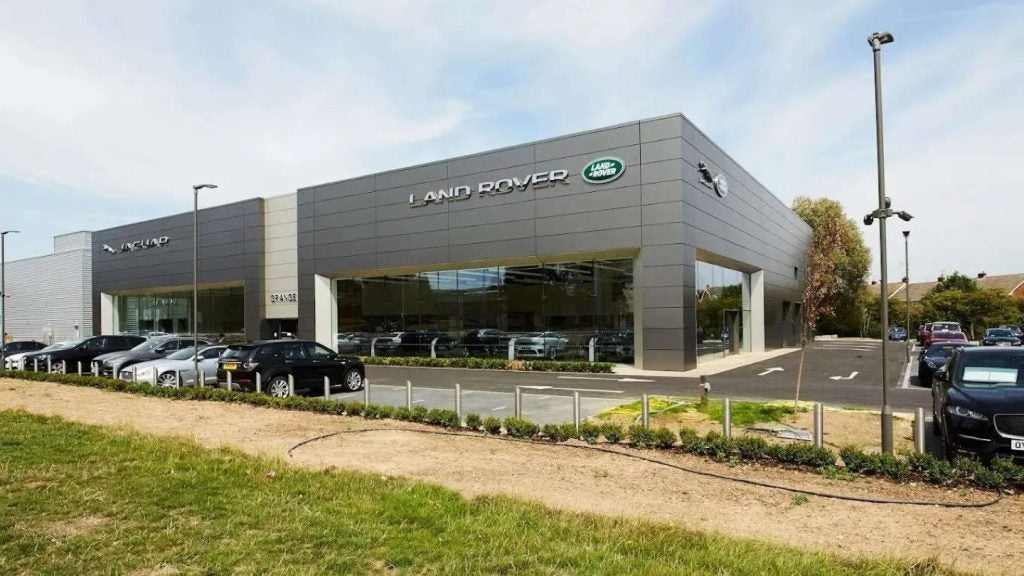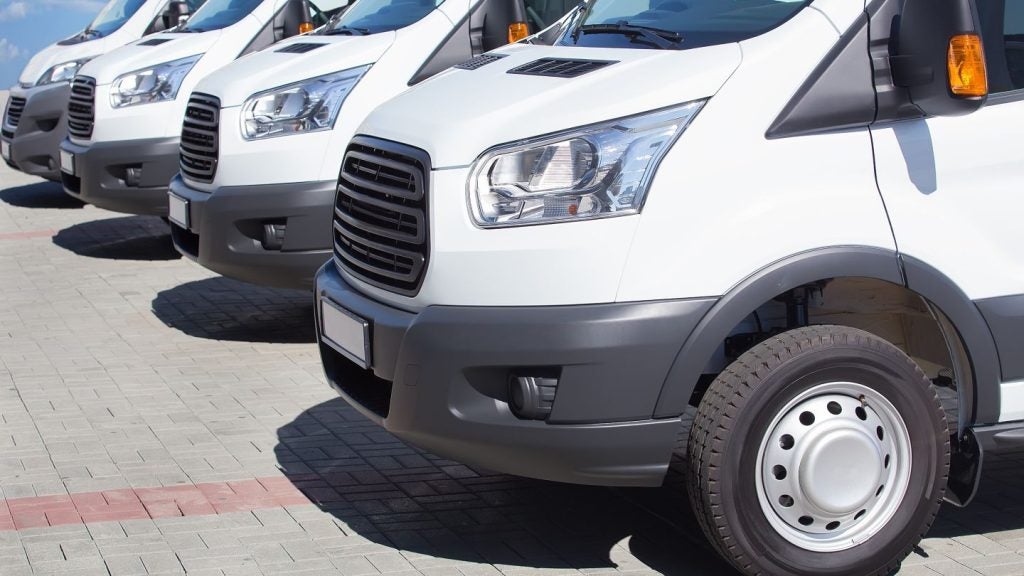
The concept of the “right to repair” is gaining momentum, especially in the automotive industry, where vehicle owners are seeking greater freedom in choosing where and how their vehicles are serviced and repaired. But what exactly does this mean, and why is it important?
At its core, the right to repair is the principle that vehicle owners should have the ability and choice to service their vehicles anytime, anywhere, and by any qualified provider. This includes independent auto service and repair shops, not just franchised dealerships.
Automakers, for their part, assert that they already support seamless independent auto service and repair, offering drivers a plethora of repair options. They contend that they routinely provide independent repair shops with all the necessary parts, service information, and vehicle data to diagnose and repair vehicles.
This stance is not without regulation. In the European Union, for example, competition law exists to prevent anti-competitive practices and abuse of dominant market positions. However, since 1995, the motor industry has enjoyed a “block exemption” from certain aspects of competition law under the Motor Vehicle Block Exemption Regulations (BER).
Under the BER, automakers could maintain a franchised dealer network, controlling who sells their products and where they can be sold. However, the regulations also included clauses to protect consumer rights regarding service and repair, ensuring that technical data and repair instructions were made available to the independent motor trade.
The BER was initially introduced in 1995 and updated in 2002, with specific requirements to make technical data and repair information available to the independent trade. By the time the BER was due for renewal in 2010, regulations for new car exhaust emissions had been established, requiring manufacturers to provide technical data and repair information to the independent trade.

US Tariffs are shifting - will you react or anticipate?
Don’t let policy changes catch you off guard. Stay proactive with real-time data and expert analysis.
By GlobalDataHowever, these regulations only applied to vehicles registered after 2009, raising concerns about access to repair information for older vehicles if the BER were allowed to lapse. As a result, the independent Right to Repair Campaign successfully advocated for the renewal and improvement of the BER, ensuring continued access to technical data and workshop procedures.
The benefits of the Block Exemption Regulation include keeping repair costs down, providing security for independent garages and specialists, and ensuring timely and convenient servicing and repairs for vehicle owners. Changes made to the BER in 2002 also aimed to increase choice in servicing new cars, allowing owners to choose where their vehicles are serviced without voiding warranties.
While the right to repair offers greater flexibility and cost savings for vehicle owners, it’s essential to note that opting for independent servicing may impact manufacturer assistance for major faults after the warranty expires. Manufacturers often cite a lack of loyalty for not assisting with post-warranty repairs, highlighting the trade-offs in exercising the right to repair.







